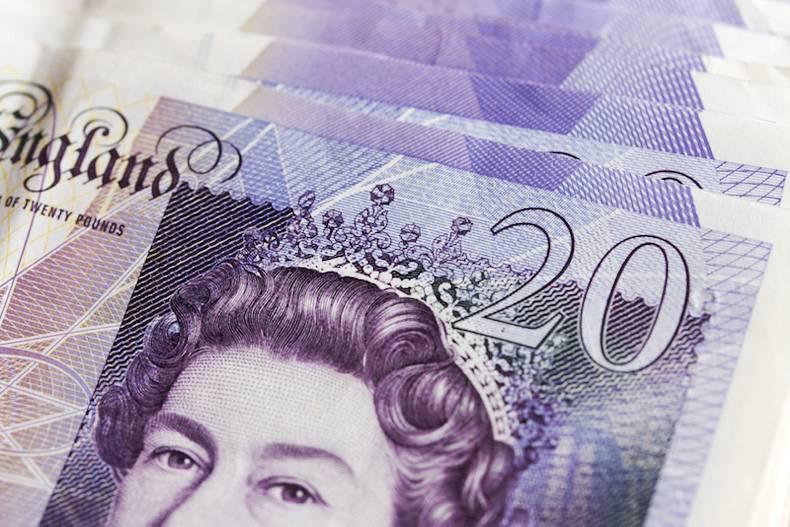Sterling has remained weak against the euro since the Brexit vote in June and the reference rate of €1=£0.8709 from the European Central Bank (ECB) on Monday is the lowest since the EU referendum.
Discouraging mortgage data and survey results showing low confidence in the UK financial sector, as well as share prices at Deutsche Bank reaching an all-time low, have further reduced demand for sterling causing it to weaken.
This continues to put pressure on food exports from the Republic of Ireland as it makes exports less competitive. This has the opposite effect in Northern Ireland where the weakening of sterling over the summer has helped prices across the farming sectors.
NI basic payments
Another benefit to NI farmers at this time is the conversion of basic payments from euro to sterling. The conversion rate for this is taken as the average reference rate from the ECB during the month of September.
Although there are still four days to go, the average ECB rate so far this month is €1=£0.8501. Last year, NI farmers’ payments were converted at a rate of €1=£0.7313, meaning the current average rate for September 2016 will deliver a 16.2% boost to payments this year.
Last week, exchange rates moved to €1=£0.86 following media reports that the UK would exit the single market during withdrawal from the EU and also following comments made by UK Foreign Secretary Boris Johnson that Article 50 would be triggered early next year.
Analysts suggest that UK economic data to be released on Friday regarding the first revision of second-quarter GDP, second-quarter business investment and house price data could affect exchange rates.
Read more
Brexit boost to 2016 sterling payments/a>
Brexit seminar highlights threats to agriculture
Sterling has remained weak against the euro since the Brexit vote in June and the reference rate of €1=£0.8709 from the European Central Bank (ECB) on Monday is the lowest since the EU referendum.
Discouraging mortgage data and survey results showing low confidence in the UK financial sector, as well as share prices at Deutsche Bank reaching an all-time low, have further reduced demand for sterling causing it to weaken.
This continues to put pressure on food exports from the Republic of Ireland as it makes exports less competitive. This has the opposite effect in Northern Ireland where the weakening of sterling over the summer has helped prices across the farming sectors.
NI basic payments
Another benefit to NI farmers at this time is the conversion of basic payments from euro to sterling. The conversion rate for this is taken as the average reference rate from the ECB during the month of September.
Although there are still four days to go, the average ECB rate so far this month is €1=£0.8501. Last year, NI farmers’ payments were converted at a rate of €1=£0.7313, meaning the current average rate for September 2016 will deliver a 16.2% boost to payments this year.
Last week, exchange rates moved to €1=£0.86 following media reports that the UK would exit the single market during withdrawal from the EU and also following comments made by UK Foreign Secretary Boris Johnson that Article 50 would be triggered early next year.
Analysts suggest that UK economic data to be released on Friday regarding the first revision of second-quarter GDP, second-quarter business investment and house price data could affect exchange rates.
Read more
Brexit boost to 2016 sterling payments/a>
Brexit seminar highlights threats to agriculture






 This is a subscriber-only article
This is a subscriber-only article










SHARING OPTIONS: